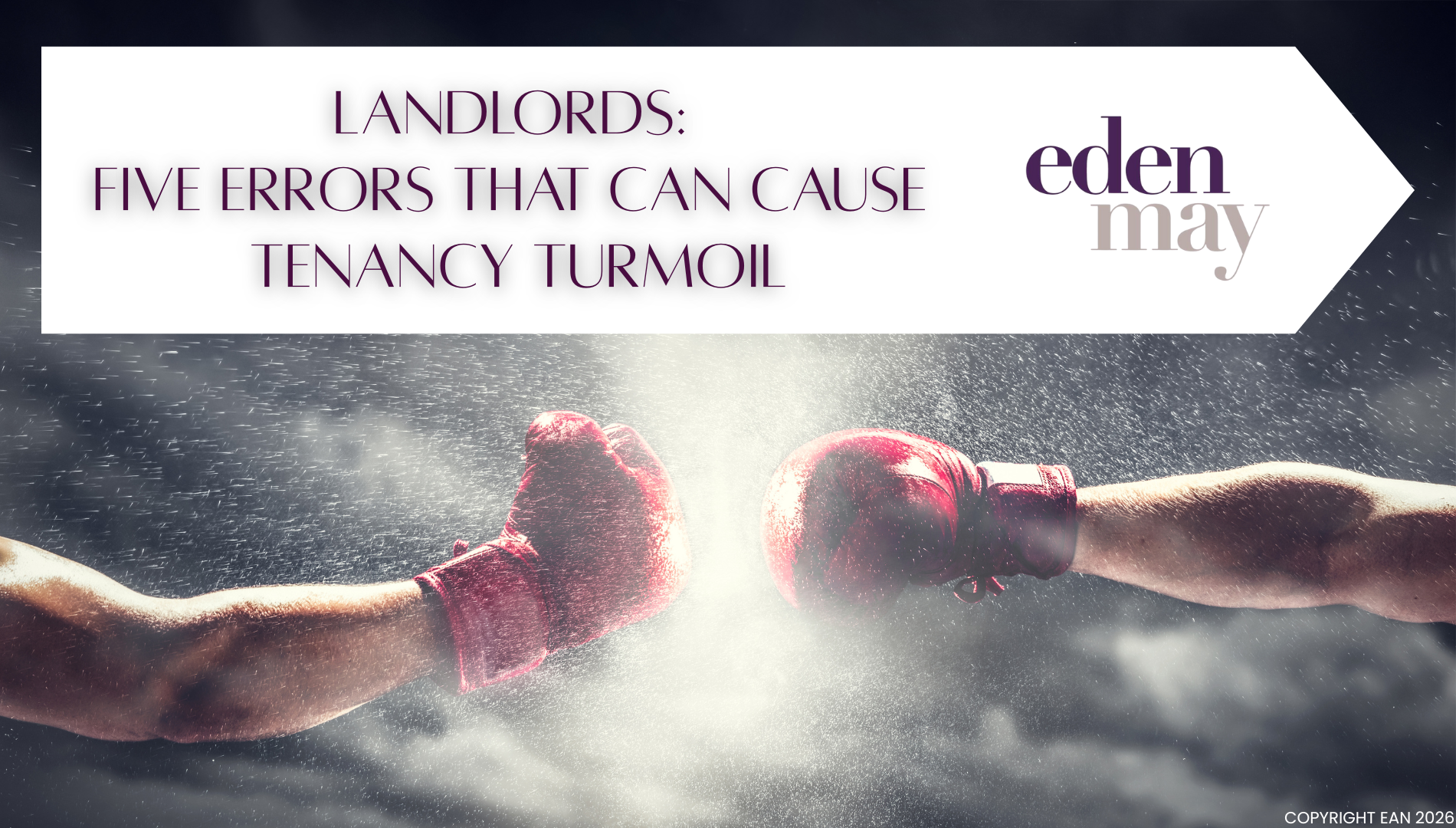As a tenant renting in Taunton, you may be wondering "what do I do if I discover a pest infestation in my rented property?"
Is it your responsibility to handle the problem?
Or is your landlord expected to deal with it?
The team at Eden May have some helpful advice to point you in the right direction.
What Are Pest Infestations?
Pest infestations happen when any type of pests such as mice, rats, bedbugs, or cockroaches infiltrate a property. As you might imagine, they’re a significant problem, as pests can cause damage to a home and also cause diseases. Therefore, the faster the problem can be identified and addressed, the easier it will be to resolve.
When it comes to resolving the problem of pests in your rental property in Taunton, the responsibility will either fall to you as the tenant or to the landlord, depending on your circumstances.
Let’s take a look at when you must take responsibility and when you can refer the matter to your landlord.
When Is A Tenant Responsible For Dealing With Pest Infestations?
In general, the responsibility for resolving a pest infestation will fall on the party that caused the situation that allowed pests to infiltrate the property in the first place. So, as an example, if you’ve failed to dispose of your household rubbish properly and, as a result, have developed a rodent infestation, it would be your fault that the pest problem had occurred and, therefore, it would be your responsibility to resolve it.
When Is A Landlord Responsible For Dealing With pest Infestations?
Your landlord has an obligation to ensure their rental property is safe and fit for habitation. Part of that includes the prevention of pest infestations. Should a property require repairs to keep pests from being able to enter, the landlord must take responsibility if they have failed in their obligation to ensure your property is safe, secure and fit for you to reside in.
As a result, they would have to arrange for repairs to be carried out and pay the necessary costs. Essentially, unless it’s obvious that the pest issue has been directly caused by the tenant, the landlord usually must take responsibility for fixing the problem. However, some exceptions do exist, so you should always check your tenancy agreement thoroughly to determine who must take responsibility.
How Do I Know If My Property Has A Pest Infestation?
The sooner a pest infestation is dealt with, the better. Therefore, if you’re concerned that pests may be infesting your rental property in Taunton, you need to know what signs to be looking out for. Signs of gnawing and nesting, strange sounds and smells, and droppings are all major signs that rodents may be infesting your property, even when you haven’t actually seen them.
If you spot dead bugs in your basement or cellar, around your windows, or damage to the leaves of your indoor plants, this indicates that bugs could be in your home.
What Do I Do If I Notice A Pest Infestation?
Whatever kind of pest infests your home, you should always get in touch with your landlord to let them know about the problem. Next, you should determine what the infestation source is – eliminating the pests is one thing, but if you don’t address the cause they’ll soon come back.
As soon as you’ve pinpointed the cause of the infestation, you should be able to determine whether it’s your responsibility to deal with the matter or whether your landlord must address it. If the responsibility of dealing with the situation is yours, you should immediately contact a pest control company. If it’s your landlord’s responsibility, they should arrange for your property to be treated.
If you let your landlord know about the pest problem and they then refuse to deal with it, contact the local council. They can arrange to inspect your property and offer support and advice. Fortunately, most landlords are cooperative in such matters as they understand the damage that pests can do to their rental property.
If you’re looking for a property to rent in Taunton, get in touch with the Eden May team on 01823 478575, or check out our available rental properties on our website at [personalise with="website"].






Share this with
Email
Facebook
Messenger
Twitter
Pinterest
LinkedIn
Copy this link